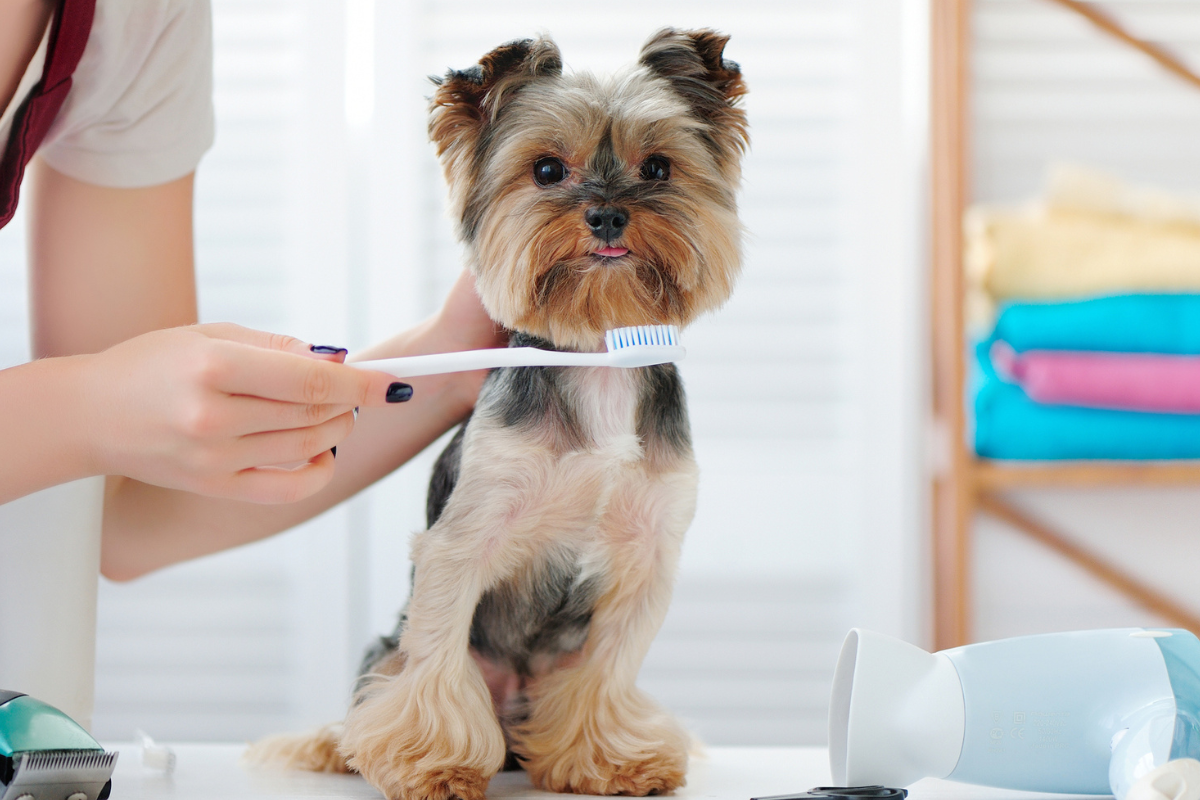Your guide to dog dental care
Taking care of your dog’s teeth is crucial for their overall health at all stages of life. Regular dental care plays a key role in preventing gum disease in dogs, as well as the build-up of plaque and tartar, which can lead to smelly breath and tooth decay. These issues can cause pain and discomfort, effecting your dog’s ability to eat comfortably and diminish their overall quality of life. We give you tips on how to establish a good dental health routine with your dog and what to change depending on their life stage. Why is dog dental care important? Dogs can develop many dental diseases – especially due to their diet and lifestyle. Caring for your dog’s teeth and gums isn’t only about dental care, poor oral hygiene can impact the health of other organs in their body. Bacteria from their mouth can enter the bloodstream and potentially cause or exacerbate systemic health issues such as heart disease ...












